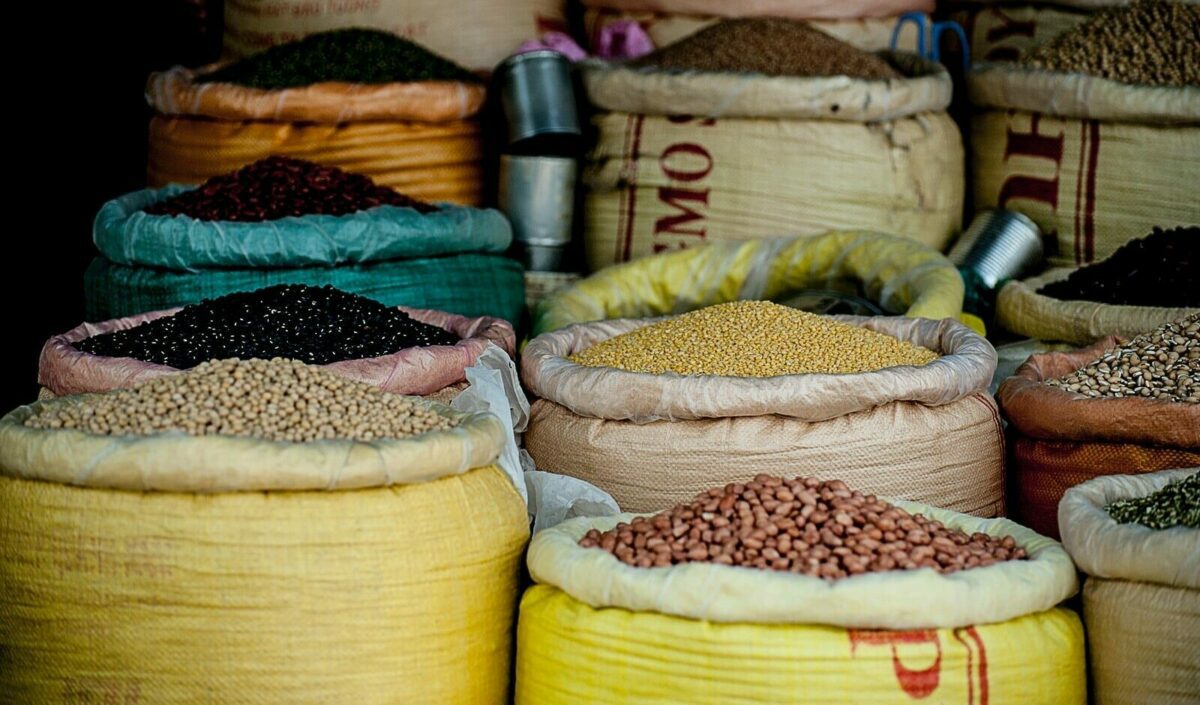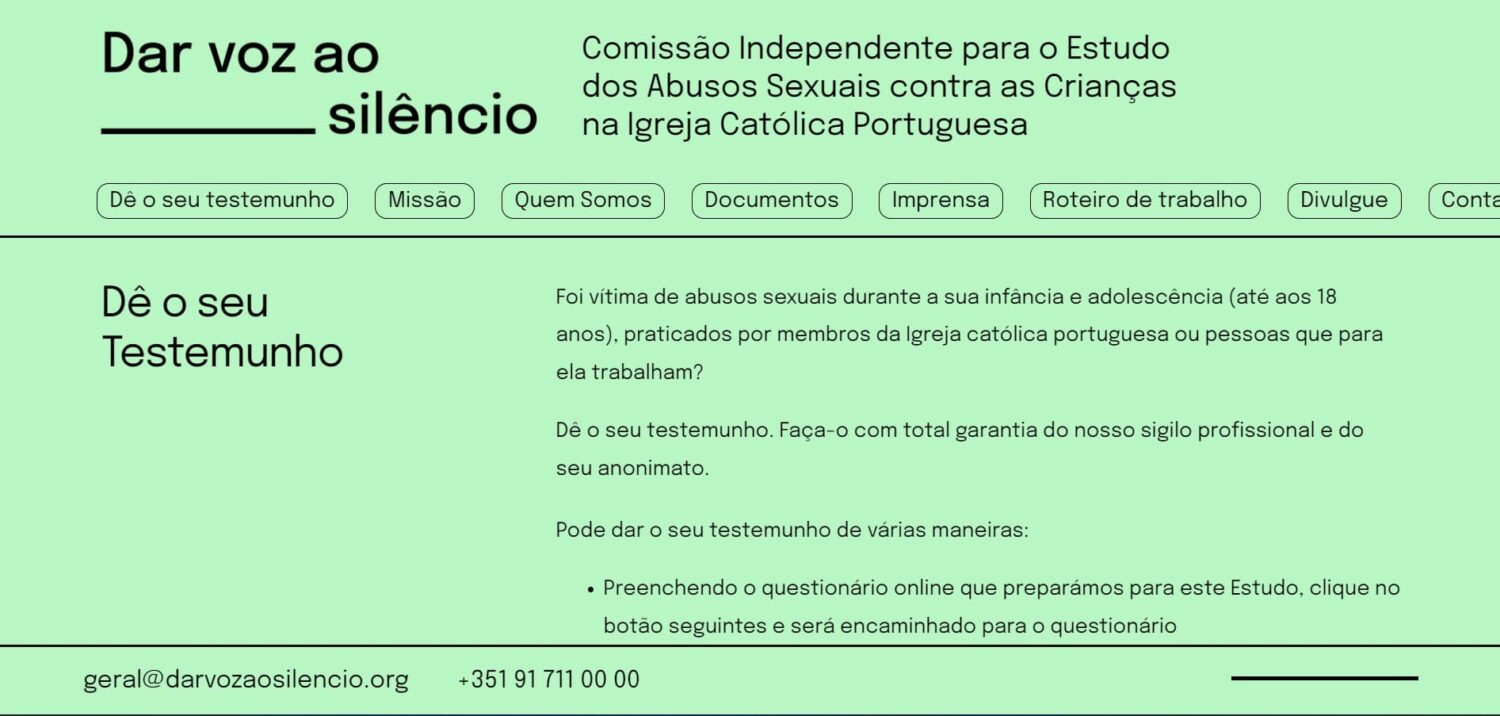In light of the dire food security situation and high food prices, after two years of COVID-19 pandemic and the consequences of the Russian invasion of Ukraine, the Commission is today stepping up its support to the transformation of food systems by actively engaging in eight global Coalitions for Action. These will assist partner countries in their efforts to transform food systems and help to advance the Farm to Fork Strategy agenda internationally. The decision to actively engage in these eight voluntary alliances for collective action is a follow-up to the Food Systems Summit held on 23-24 September 2021 in New York. The alliances gather national representatives, civil society organisations, researchers and international organisations to achieve transformation action in the field of food security. The Commission will be a major partner in eight coalitions:
- Food is never waste will support countries in developing a suite of context specific interventions, ranging from policies and regulations to voluntary initiatives, to halve food waste by 2030 and reduce food losses by at least 25%.
- Healthy Diets from Sustainable Food Systems for Children & all will address three issues: malnutrition in all its forms; unsafe food; and the environmental impact of food production. For instance, it will promote healthy diets with a higher plant-based contribution.
- School Meals Coalition will focus on improving the quality and expanding the scale of school meals programmes globally as a platform to reach communities. The Coalition intends to link school meals with provision of healthy food by local farmers and sees school feeding as part of social protection schemes. School feeding can have a positive effect on enhancing school enrolment and attendance.
- Aquatic and Blue Foods aims to realise the full potential of sustainable aquatic, foods – such as fish, shellfish, aquatic plants and algae, captured or cultivated in freshwater or marine ecosystems – to help end malnutrition and build nature-positive, equitable and resilient food systems.
- Agro-ecology aims at scaling up agro-ecological practices and value chains, which hold the potential for more inclusive and sustainable food systems. The focus is on supporting innovation, making use of local and scientific knowledge.
- Zero Hunger will advocate for hunger reduction and better align existing public and private sector resources for hunger reduction. The Coalition will back investments that have proven positive effects on small farm livelihoods, such as participation in farmers’ organisations, extension services for women farmers, vocational programmes for rural youths, storage and cold chains.
- Fighting food crises along the Humanitarian-Development-Peace nexus aims to create the conditions and enabling structures for an approach to food systems resilience in fragile contexts, such as anticipatory action and development of shock-responsive social protection schemes.
- Sustainable Productivity Growth focuses on technology and innovations for agricultural productivity growth while addressing climate change challenges. It will provide a platform for sharing best practices, identifying knowledge gaps and research opportunities.
The Commission will work closely with Member States, UN agencies, civil society and other partners in the selected coalitions to enhance collective action in favour of a sustainable transformation of food systems.
Members of the College said:
Commissioner for International Partnerships, Jutta Urpilainen, said: “The Russian invasion of Ukraine is having food security effects throughout the world. The war will further deteriorate an already dramatic situation in many parts of the world. Existing food crises are expected to be exacerbated, with the impact most felt by those most vulnerable. Today more than ever, we must invest in resilient and sustainable food systems, through a resolute multilateral approach to support partner countries. This is why we have decided to engage in eight Coalitions for Action, which will contribute to protect and reinforce food security. I am especially moved to join the School Meals Coalition because of the critical role of school nutrition in education and child development.”
Commissioner for Crisis Management, Janez Lenarčič, said: “With each day of Russian aggression against Ukraine, the number of Ukrainians that are left without food is rising. Moreover, with global ramifications of this unjustified aggression, including on rising food prices, it is imperative we do our utmost not to forget other crises in the world and the most vulnerable people who are already facing critical food insecurity. The EU will do its part, including by strengthening our partnerships and applying all possible synergies as to prevent what could turn into the worst humanitarian food security crises of this century. I am particularly glad to support the Zero Hunger and the Fighting Food Crises in a nexus approach coalitions, which could further amplify our efforts as a Team Europe to address the current food and nutrition crises and prevent future ones.”
Commissioner for Agriculture, Janusz Wojciechowski,added: “The Russian aggression in Ukraine is not only a violation of international law, but is also a threat to international food security. As the future of our food security relies upon resilient and sustainable farming systems, we must work together to advance systems that are productive for society, profitable for farmers, and protective of our environment. I therefore welcome the Commission’s active engagement in these global coalitions, in particular those for “Sustainable Productivity and “Agro-ecology”. We will use EU research and innovation to harness new knowledge, technologies, and nature-based solutions to help secure the future of our food and farming.”
Commissioner for Health, Stella Kyriakides, said: “This Russian invasion of Ukraine is affecting the health of thousands of civilians and brings a profoundly negative impact on food security at global level. The climate and biodiversity crises, COVID-19 and the war in Ukraine require that we accelerate the transition to resilient and sustainable food systems. These eight coalitions are a tangible action to deliver this transition, covering the whole food chain from primary production to food transformation and consumption. I support fully the goals of the coalitions aiming at ensuring that healthy and nutritious food from sustainable food systems is accessible for all and at reducing food loss and waste. Working and acting together on these topics is the solution to overcome insecurity and put our planet on the path to sustainability.”
Commissioner for Environment, Oceans and Fisheries, Virginijus Sinkevičius,added: “Food production is a necessity as it sustains our life, and so does nature. We have to be mindful of the environmental impact of our food and promote producing and eating habits that are healthy and lead to resilience and sustainability, which is a straight way to a secure food for billions of people across the globe. Fisheries and aquaculture also have a key role to play in providing food security and nutrition. With our policies at home and our engagement in the “Aquatic and Blue Foods” coalition, we are making sure that we support healthy and sustainable choice of aquatic foods globally.”
Commissioner for Innovation, Research, Culture, Education and Youth,Mariya Gabriel,said: “The scientific contribution and engagement by the Commission have been pivotal in the preparation of the Coalitions. Engaged directly with the Summit’s Scientific Group, the JRC has put its expertise, knowledge, data, and analysis to the service of the Coalitions building. Furthermore, as an EU contribution to the UNFSS process, DG Research and Innovation established a high-level expert group to explore the needs and options to strengthen the international science policy interface for improved food systems governance; whose recommendations will be finalised by May 2022.”
Background
After two years of COVID-19 pandemic, and most recently the Russian invasion of Ukraine and subsequent war, aggravate an already very dire food security situation, with very high food prices and increasing numbers of food insecure and malnourished people. In September 2021, more than 161 million people in 42 countries were acutely food insecure. Nearly one in three people in the world does not have access to adequate food and for about 3 billion people the costs of a healthy diet was out of reach.
The EU is a major humanitarian and development actor in food and nutrition security, providing substantial financial and political support. In terms of development cooperation, in the 2014-2020 period, the EU devoted over €10 billion to improve food security for the poorest and most vulnerable, to help eradicate hunger, and better address malnutrition. In the 2021-27 international cooperation programme (NDICI-Global Europe), food systems are a priority area in about 70 partner countries.
The engagement by the Commission in eight coalitions is a follow-up of the United Nations Food Systems Summit that took place on 23-24 September 2021. The Summit put the need of transforming food systems and making them more sustainable, while delivering healthy, nutritious and affordable food, high on the global agenda. The EU will continue to be active in this multilateral context and pursue the Farm to Fork agenda globally. The-Farm to Fork Strategy is at the heart of the European Green Deal with aims at making food systems fair, healthy and environmentally friendly. Solid scientific evidence is also key to the Commission´s support to the Coalitions for action, which are one of the event’s main outcomes.





